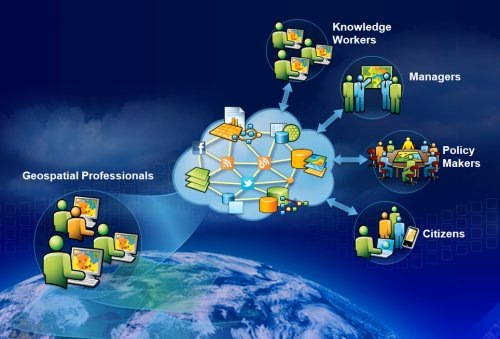Many industries have suffered during the current economic downturn. So why is it that during this same period, demand for geospatial technology professionals has grown significantly?
I think that this trend is due to the growing understanding of the value of spatial information and analysis. There are many reasons to implement GIS, but the benefits that we see driving organizations in lean times are cost savings resulting from greater efficiency. And as we come out of this economic downturn, the efficiencies realized from GIS will become a standard way of doing business, so the need for geospatial professionals will increase even more.
Government has long been at the forefront of this movement, and there will be opportunities here for people with geospatial knowledge, most notably in the area of homeland security and in anything to do with increased transparency and accountability. But we’re now seeing a huge shift in momentum in the commercial arena. Many of the future career opportunities for geospatial professionals will be in the private sector, as businesses increasingly realize the benefits that government has understood for some time.
The current high unemployment rate is sending a lot of experienced workers “back to school” to learn new skills more relevant for the 21st century workplace. This is one factor driving the growth of focused geospatial programs at universities and community colleges, both at the degree level and the certificate level. These programs are doing a great service by training the geospatial workforce of tomorrow. They are also providing many opportunities for seasoned geospatial professionals to take on new roles themselves—passing on their vast knowledge by instructing and teaching the next generation of geospatial professionals.

Related Link:
insider